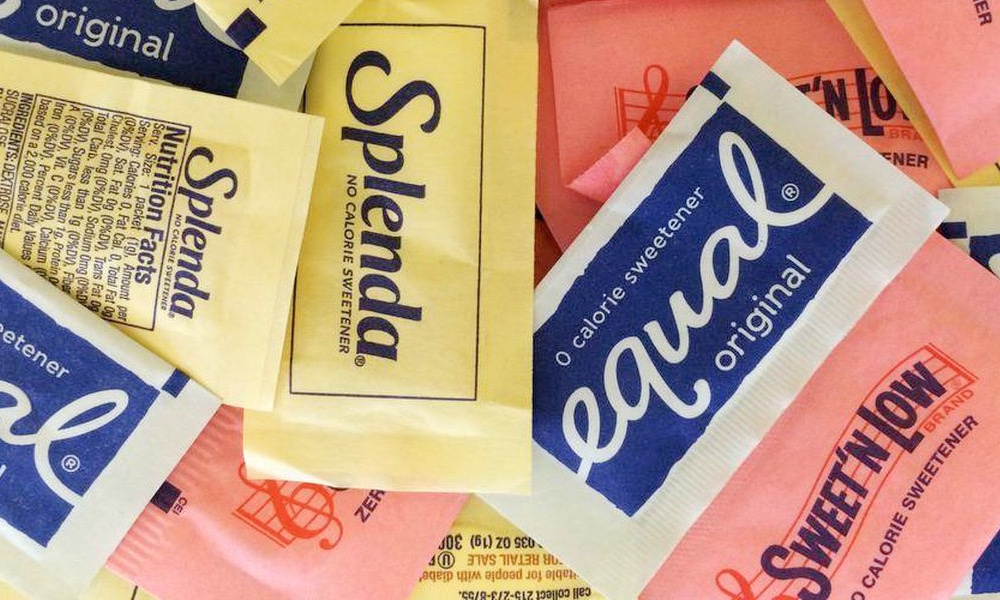More the 141 million Americans use a sugar substitute to cut back on calories, but is the switch worth it? Maybe not when it comes to xylitol, the zero-calorie sugar substitute that is routinely used in processed foods, gum, baked goods, candy, peanut butter — even toothpaste.
The no-calorie sweetener is linked to a higher risk of cardiac events like heart attack and stroke.
Artificial sweeteners such as xylitol are marketed as healthier alternatives to natural sugar. The Food and Drug Administration (FDA) has approved xylitol with a “Generally Recognized as Safe” status. But a Cleveland Clinic research team has found the artificial sweetener may be harming multiple body systems.
“I hope this serves as a calling for new regulatory guidelines to improve labeling mandates and remove sugar substitutes like xylitol from GRAS status,” senior study author Stanley Hazen, Chair of Cardiovascular and Metabolic Sciences at Cleveland Clinic's Lerner Research Institute and Co-Section Head of Preventive Cardiology in the Heart, Vascular & Thoracic Institute, told reporters.Over 30 percent of patients with the highest amount of xylitol in their plasma were more likely to experience a cardiovascular event.
The same Cleveland Clinic research team that looked into xylitol for this latest study had found a similarly harmful link between another sugar substitute, erythritol, and cardiovascular risks last year.
In the new study, the team identified that high levels of circulating xylitol were associated with an elevated three-year risk of cardiovascular events in an analysis of more than 3,000 patients in the U.S. and Europe. Over 30 percent of patients with the highest amount of xylitol in their plasma were more likely to experience a cardiovascular event.
To confirm their findings, the researchers conducted pre-clinical testing and found the xylitol caused platelets to clot and heightened the risk of thrombosis, in which there is a build-up of fatty plaques in the artery walls. The condition is usually experienced as swelling with pain or throbbing in the legs.
The team also tracked platelet activity from people who drank a no-calorie xylitol-sweetened drink versus a drink sweetened with glucose — sugar — and found that every measure of clotting ability significantly increased immediately following ingestion of xylitol — but not glucose.
The study found an association between xylitol and cardiovascular events, and there may be more to it than that: the connection may be causal, Hazen said. “The very same people most likely to be targeted for taking sugar substitutes — those with obesity, diabetes, metabolic syndrome — are the most vulnerable,” he added.
There are healthier sweeteners you may want to consider, although they're not necessarily low in calories. They include:
- Agave nectar
- Black strap molasses
- Coconut sugar
- Brown rice syrup
- Date sugar
- Maple syrup
- Monk fruit powder
The study is published in European Heart Journal.





